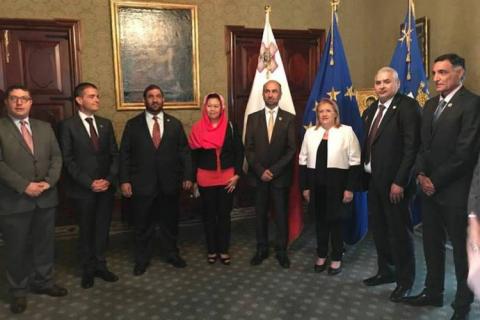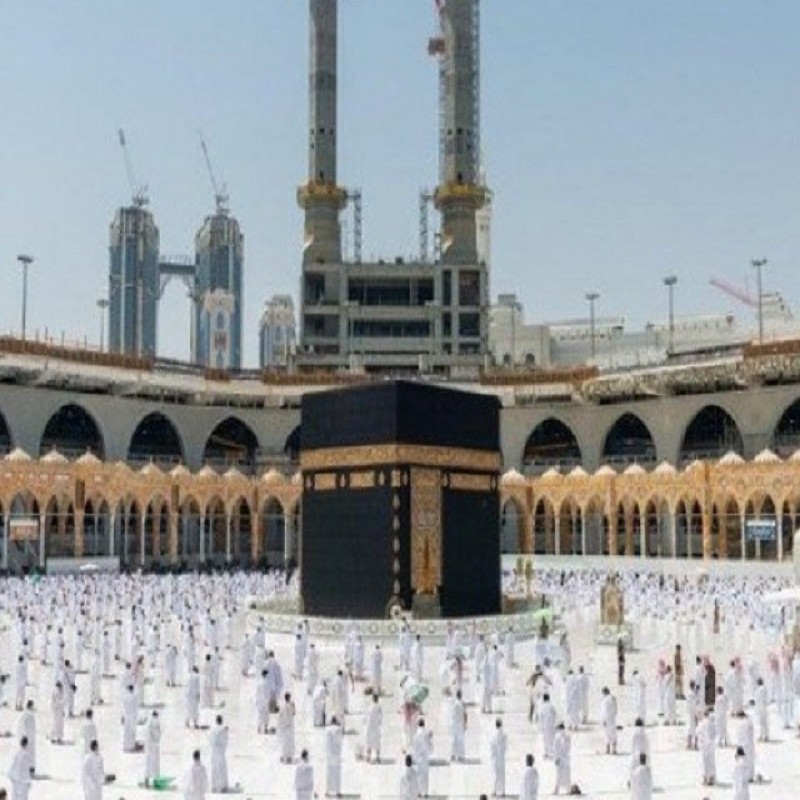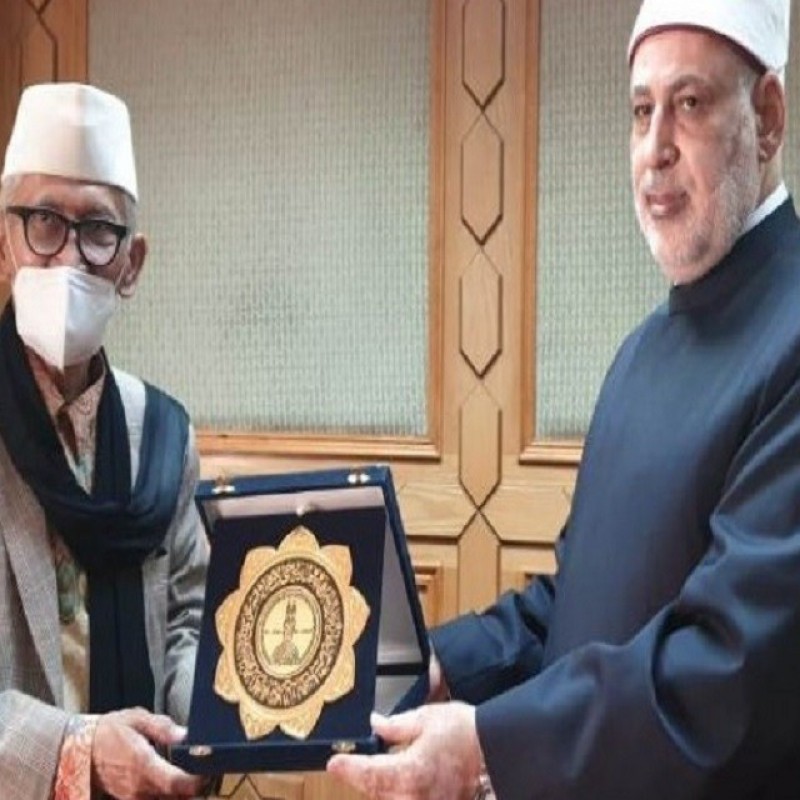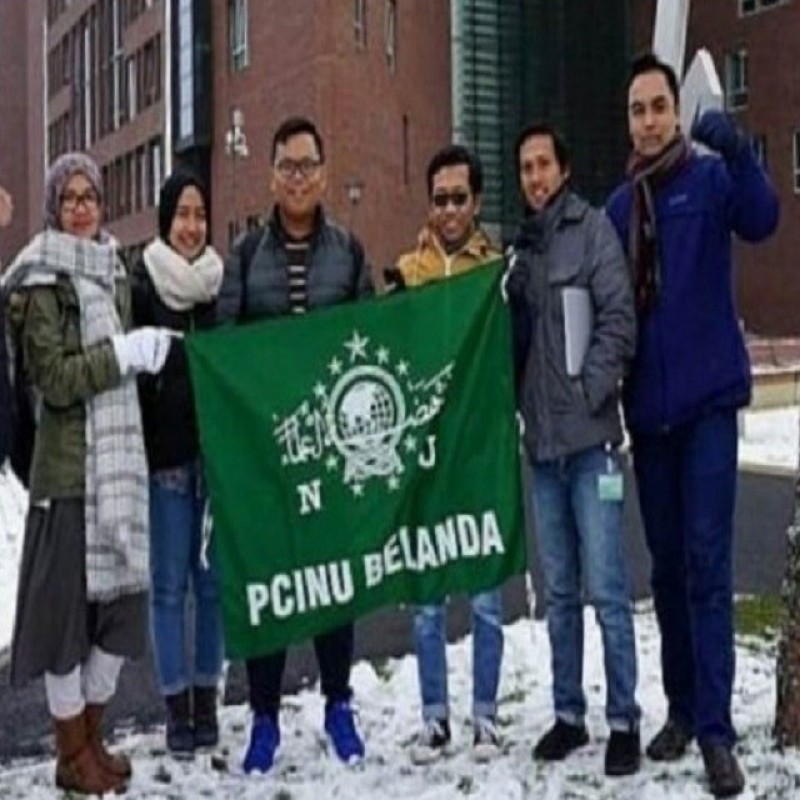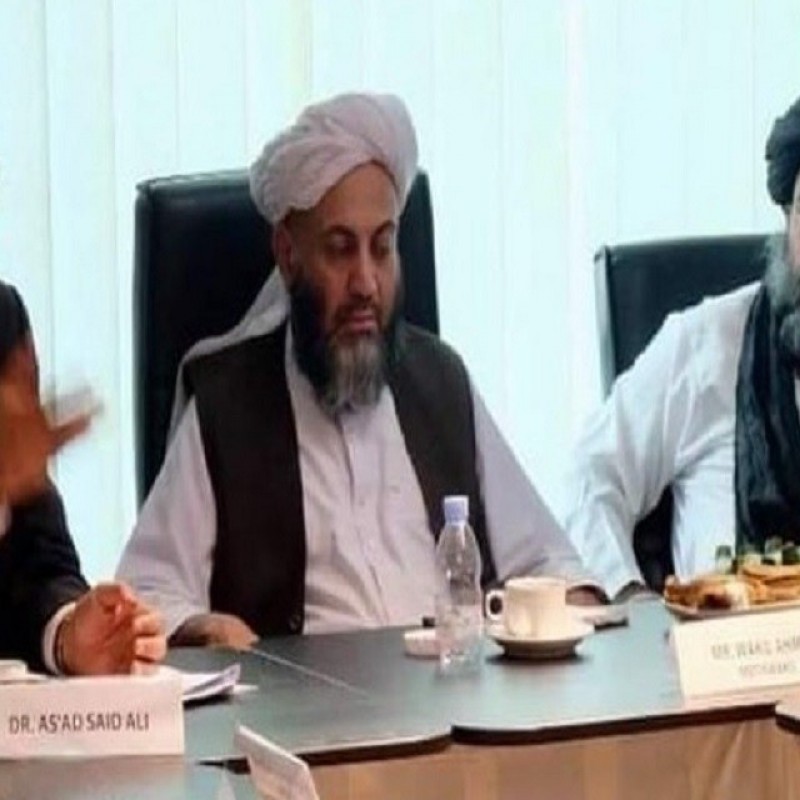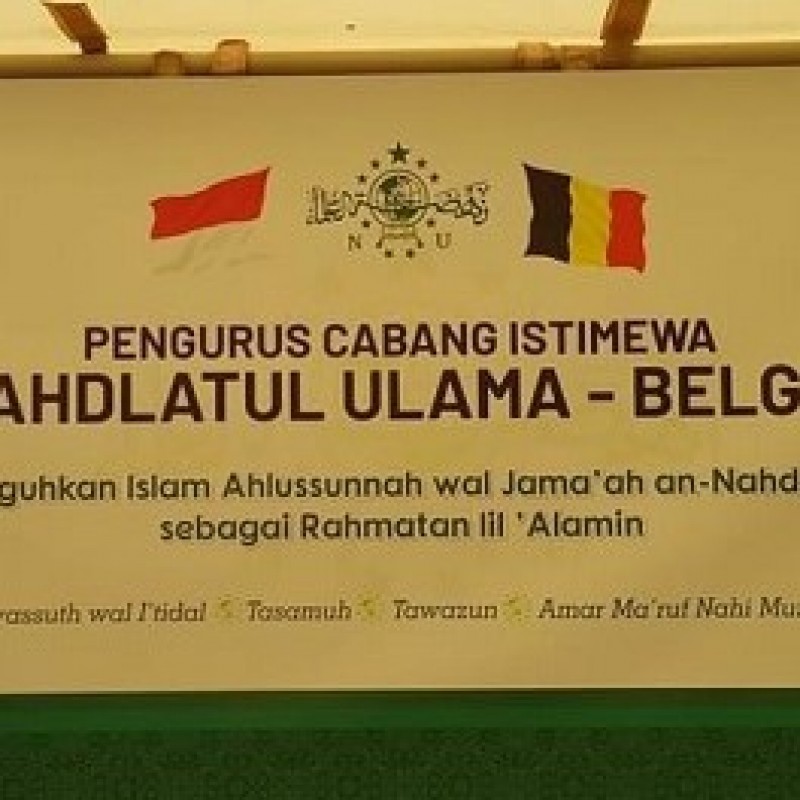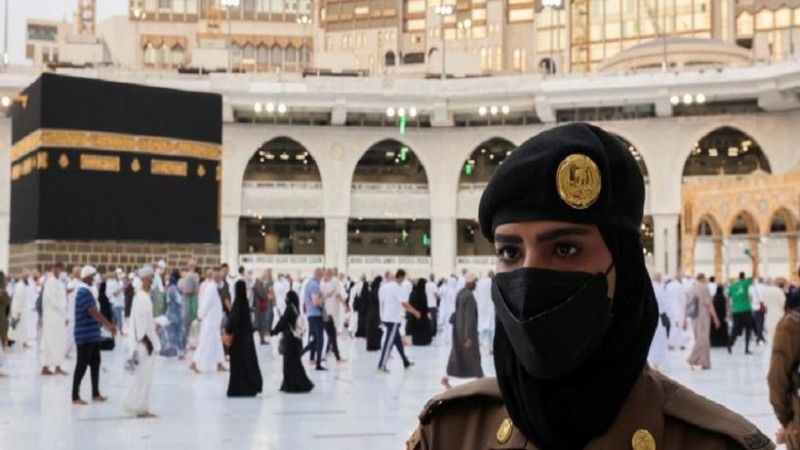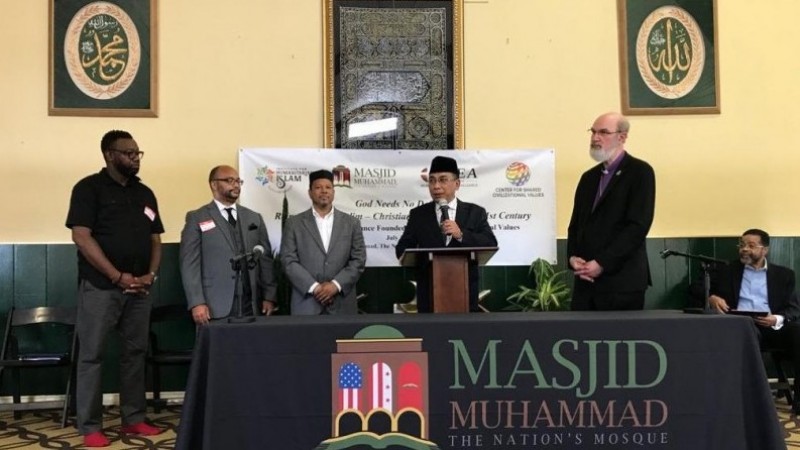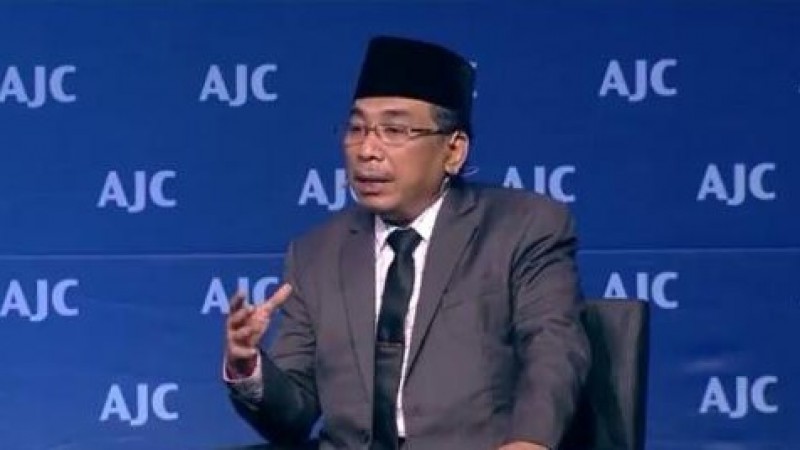Gus Dur's Yenny Wahid participates in international peace forum
NU Online · Selasa, 7 November 2017 | 04:40 WIB
The increasing awareness of such threats as extremism, racial intolerance and intellectual crime, has brought together representatives of different nations to form the Council of Global Tolerance and Peace.
Launched in Malta on Thursday last week in an official ceremony at Malta's Mediterranean Convention Center, they were gathered at the invitation with the United Nations Population Fund (UNFPA) and the Government of Malta.
"We gather to build love and tolerance together and to spread a culture of peace around the world," said Yenny Wahid who is also the daughter of the former Indonesian President KH Abdurrahwan Hahid (Gus Dur) to represent Indonesia.
The eight council founders are the United States, Argentina, United Arab Emirates, Comoros, Albania, India, Egypt and Indonesia.
With its Malta-based headquarters and liaison offices around the world, the main mission of the international council is to spread a culture of tolerance to achieve world peace.
The ceremony was attended by Maltese Prime Minister Joseph Muscat, President of the newly elected Council of Tolerance and Global Peace, Ahmed bin Mohammed Al-Jarwan, a number of foreign affairs, educational, youth and cultural ministers from several countries, the United States, Sheikh Al-Azhar, heads of international organizations, universities and the media.
"Our world faces many challenges, conflicts, inequalities, lethal intolerance and security threats, including nuclear weapons," said the Secretary-General of the United Nations, Anto nano Guterres, in a documentary video played at the event.
"We have the tools and the will to overcome these challenges, mainly because of the threat transcending the boundaries of the countries concerned, ensuring human rights and human dignity for all to build a world of lasting peace and justice," the UN Secretary General added.
Meanwhile Ahmed Bin Mohammad Al-Jarwa told Times of Malta that "We have all been affected by such threats. Sometimes we don't even feel safe walking down the street – we don't know what will happen in the next 10 or 15 minutes."
"At other times we spot someone and wonder whether it would be safe to walk past them,” Ahmed Bin Mohammad Al-Jarwa added
“These thoughts are not based on just fear, but facts as well – we have seen people mowing down pedestrians.”
The launch of the council comes two days after a truck driver carried out a murderous rampage in lower Manhattan, New York, killing eight people – including two children – and seriously injuring 11.
Mr Bin Mohammad Al-Jarwa questioned what was driving people to commit such attacks. Some of the terrorists were originally considered ‘good people’, but something had reshaped their values through the years.
The former head of the Arabic Parliament insisted that “we need to start from scratch” and educate people about respect, acceptance, and learning to live together.
The eight founders of the council originate from all over: the US, Argentina, the United Arab Emirates, Comoros, Albania, India, Egypt and Indonesia. But there is one thing that binds them together: their love of tolerance and ambition to spread a culture of peace.
Mr Bin Mohammad Al-Jarwa explained that apart from a presidium and a general assembly, the council will also have a parliament consisting of MPs from around the world.
“We need their experience and influence to help us spread a culture of partnership irrespective of creed. Despite the differences, there is one common factor among us: we are all human beings.”
Asked why the council had chosen Malta for its headquarters, he noted that the island’s geographic position and history were defining factors in setting base here.
The islands, geographically set between European and Arab countries, have historically been caught in events and struggles between the north and south. The link to the Middle East is also strong, as it is believed that the Maltese originated from the Phoenicians. (Masdar)
Terpopuler
1
Targetkan 45 Ribu Sekolah, Kemendikdasmen Gandeng Mitra Pendidikan Implementasi Pembelajaran Mendalam dan AI
2
Taj Yasin Pimpin Upacara di Pati Gantikan Bupati Sudewo yang Sakit, Singgung Hak Angket DPRD
3
Peringatan HUT Ke-80 Kemerdekaan RI, Ketum PBNU Ajak Bangsa Teguhkan Persatuan
4
Kiai Miftach Jelaskan Anjuran Berserah Diri saat Alami Kesulitan
5
Tali Asih untuk Veteran, Cara LAZISNU Sidoarjo Peduli Pejuang Bangsa
6
Gerakan Wakaf untuk Pendidikan Islam, Langkah Strategis Wujudkan Kemandirian Perguruan Tinggi
Terkini
Lihat Semua

